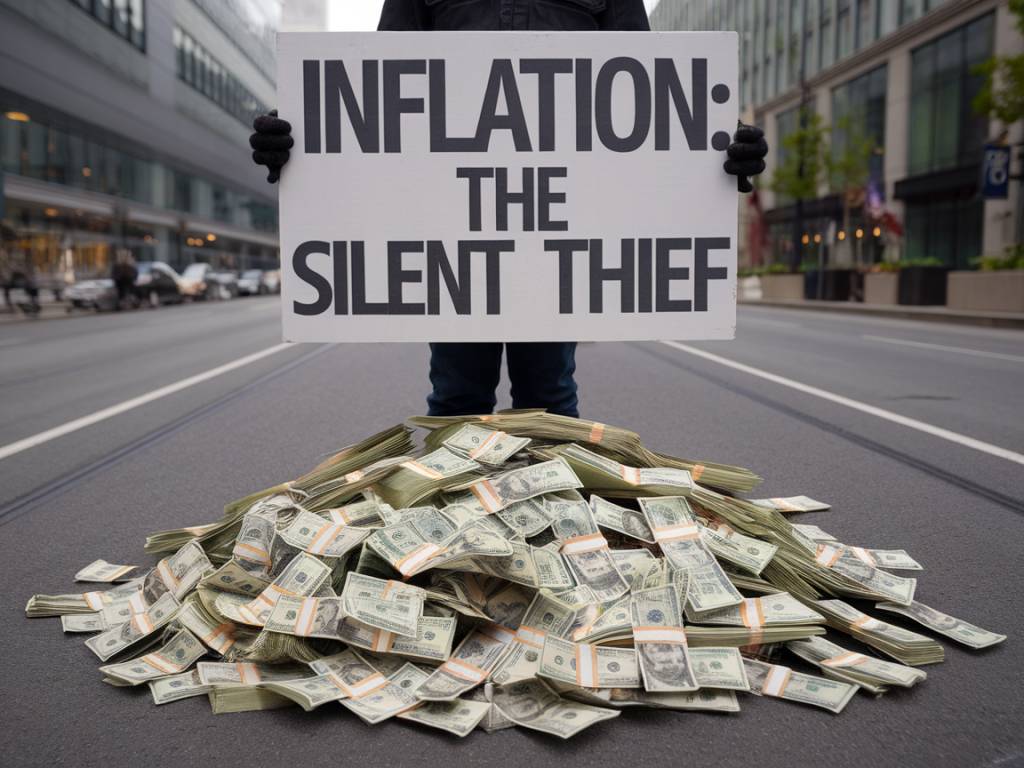Understanding the Impact of Inflation on Consumer Spending and Purchasing Power
Inflation, the persistent increase in the price levels of goods and services over time, has far-reaching effects on households, businesses, and the broader economy. For consumers, rising inflation directly influences spending habits and diminishes purchasing power. But how exactly does this manifest in everyday financial decisions? And what strategies are consumers adopting to navigate this shifting economic landscape?
How Inflation Reduces Purchasing Power
At its core, inflation erodes the real value of money. When wages fail to keep pace with rising prices, consumers find themselves able to buy less with the same income. Essential expenses such as rent, groceries, transportation, and utilities become progressively more expensive, squeezing household budgets.
The impact is most evident in essentials like food and fuel. According to data from the U.S. Bureau of Labor Statistics, food prices increased by more than 10% in some categories over the past year. This forces families to adjust their shopping habits—opting for store brands, buying in bulk, or switching to discount retailers.
Changing Consumer Spending Patterns
Facing higher prices, consumers begin prioritizing spending decisions. The effect of inflation on purchasing habits can be observed in several ways:
- Reduced discretionary spending: Consumers tend to cut back on non-essential items such as dining out, entertainment, and luxury goods. Restaurants and travel industries often see declines in demand during inflationary periods.
- Increase in bargain shopping: More shoppers turn to discount stores and online marketplaces to find better deals. Retailers responding to this shift may see greater demand for promotional pricing and loyalty programs.
- Shift to essential goods: Product categories such as groceries, healthcare, and basic household items typically maintain steady demand. However, even within these categories, consumers may substitute expensive brands for more affordable alternatives.
The Role of Consumer Sentiment
Inflation does not just impact consumers financially—it also alters sentiment and confidence. When price increases feel unpredictable, consumers may delay major purchases or reduce spending out of caution. The University of Michigan’s Consumer Sentiment Index, which tracks public confidence in economic conditions, has shown declines during inflationary surges.
Interestingly, heightened awareness of inflation may also lead to increased financial literacy. Households become more mindful of budgeting techniques, debt management, and cost-effective investment strategies during inflationary cycles.
How Businesses and Retailers Are Adapting
Inflation-driven changes in consumer behavior inevitably impact businesses. Retailers, manufacturers, and service providers must adjust strategies to remain competitive. Some common responses include:
- Dynamic pricing strategies: Companies are increasingly using real-time data and algorithms to adjust prices based on demand fluctuations and cost changes.
- Product downsizing: Known as « shrinkflation, » some businesses reduce product sizes while maintaining price points to avoid sticker shock for consumers.
- Emphasis on value-driven marketing: Brands aim to position themselves as cost-effective options by highlighting affordability, durability, and long-term savings.
- Flexible payment options: Retailers encourage spending by offering installment plans, buy-now-pay-later services, and lower-cost financing options.
Long-Term Implications for Consumer Spending
While inflationary periods bring immediate financial pressure, they also lead to lasting behavioral shifts. Consumers who adapt to higher prices tend to develop more frugal shopping habits, favor store brands over premium ones, and continue prioritizing essential purchases even when inflation stabilizes.
Moreover, the growing awareness of inflation’s impact could drive more strategic financial planning among households. Increased attention to savings, investment in inflation-protected securities, and better money management techniques may emerge as long-term takeaways.
As inflationary trends continue to evolve, understanding how they shape consumer behavior remains essential for businesses, investors, and policymakers alike.
